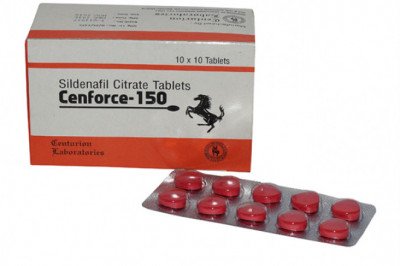views
One of the most common conditions that prompt people to search through health articles for information and home remedies is heartburn and hyperacidity. In this article, Top Medical Magazine sheds light on heartburn — what is it, what causes it, and how to prevent it.
Heartburn – What Doctors Say About It
The stomach has lines of special protective cells. These lines prevent acids from causing inflammation. Since the esophagus doesn’t have this kind of protection, stomach acids and digestive juices can reflux back thus, creating inflammation and damage. Have you ever felt a burning discomfort in your upper belly? Do you feel pain in your chest when you lie or bend over? Do you have difficulty swallowing? How about a hot, acidic, bitter, or salty taste at the back of your throat? Yes, you guessed it right. You are experiencing heartburn.
![]()
What Causes Heartburn?
Heartburn can be caused by many things – food that we eat or drink, some medications, and even everyday habits that we do like:
- Foods that contain high amounts of fats or oils
- Aspirin
- Ibuprofen
- Carbonated drinks
- Chocolate
- Stress
- Lack of sleep
- Smoking
When pregnant, your progesterone hormone tends to relax and causes heartburn too.
Heartburn Diagnosis
Heartburn is often being confused with other chest-related illnesses like heart attack and pneumonia since the common complaint is felt in the chest. Some people often ignore the symptoms of heartburn which leads to a more serious condition called GERD or gastroesophageal reflux disease. Before doctors can tell how serious your heartburn is, several tests need to be done including:
- X-ray: The patient will be asked to swallow barium and doctors will be looking for irregularities or inflammation as the contrast material travels down the esophagus.
- Endoscopy: A gastroenterologist administers this test by using a flexible tube with a fiberoptic camera. Bits of tissues will be collected for biopsy to look for cancerous cells.
- Esophageal pH Monitoring: The patient is asked to wear an acid monitor attached to his belt or shoulder strap. This test is seldom done.
- Esophageal Manometry: In this test, a catheter is inserted into the esophagus. This measures pressure and movement.












Comments
0 comment